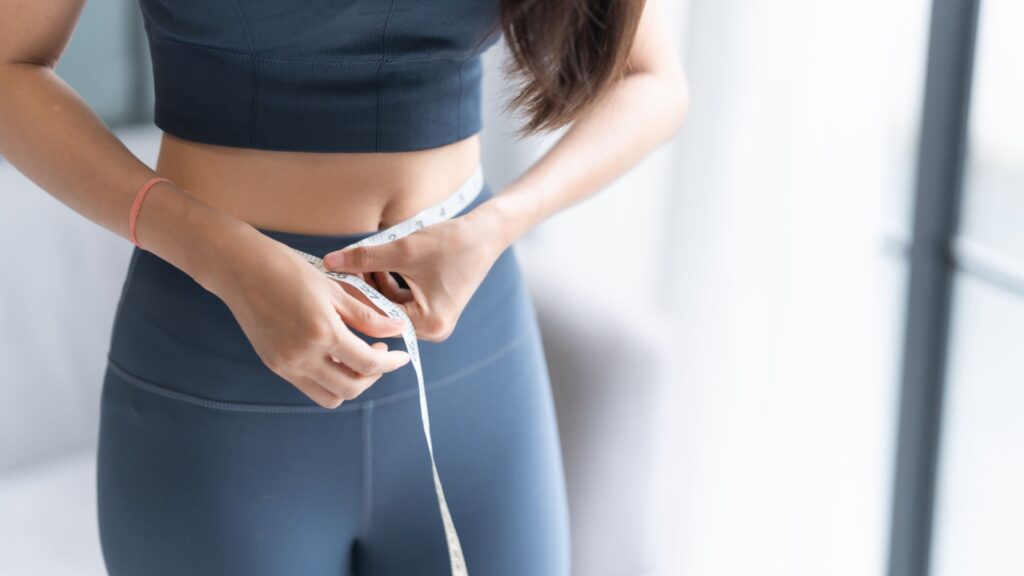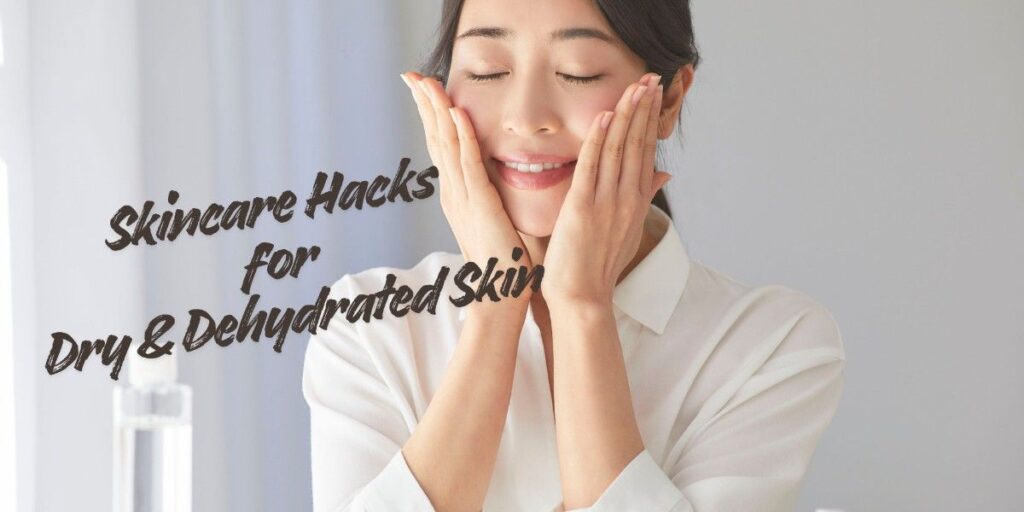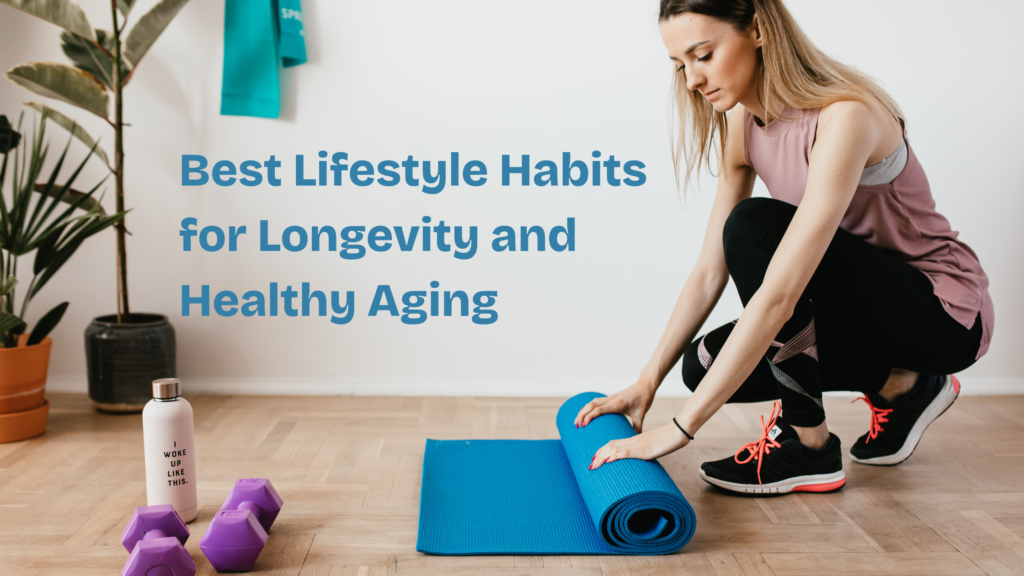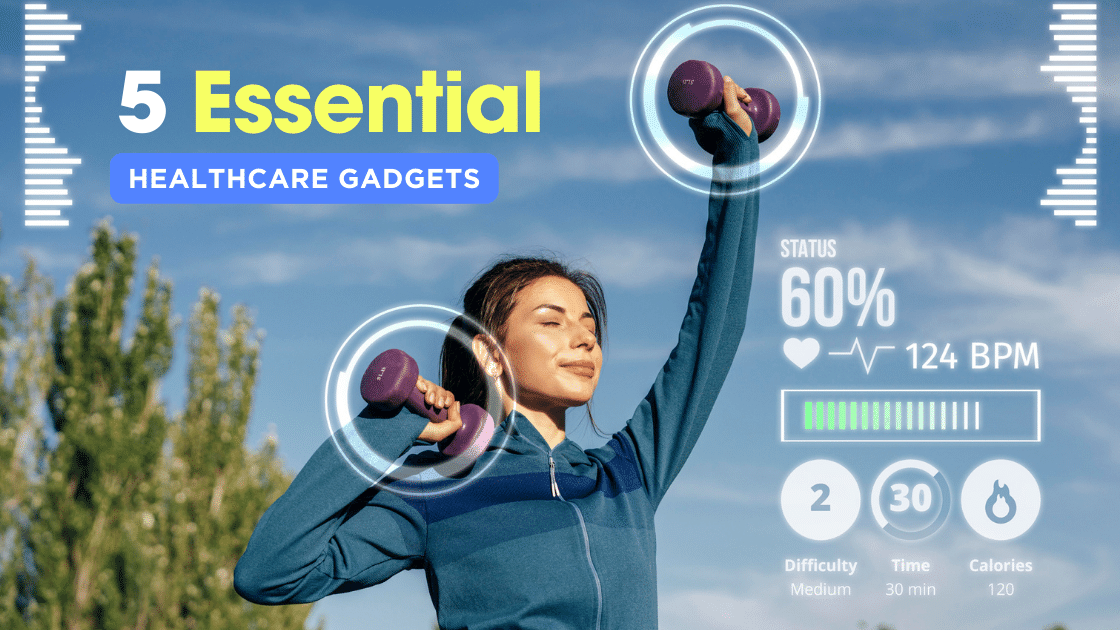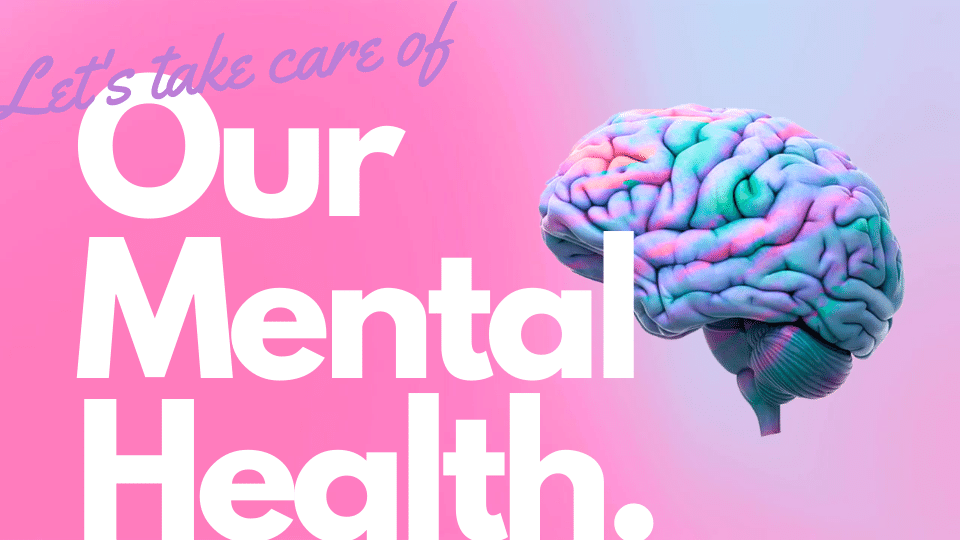Natural Remedies for Anxiety: A Holistic Guide to Calm and Balance
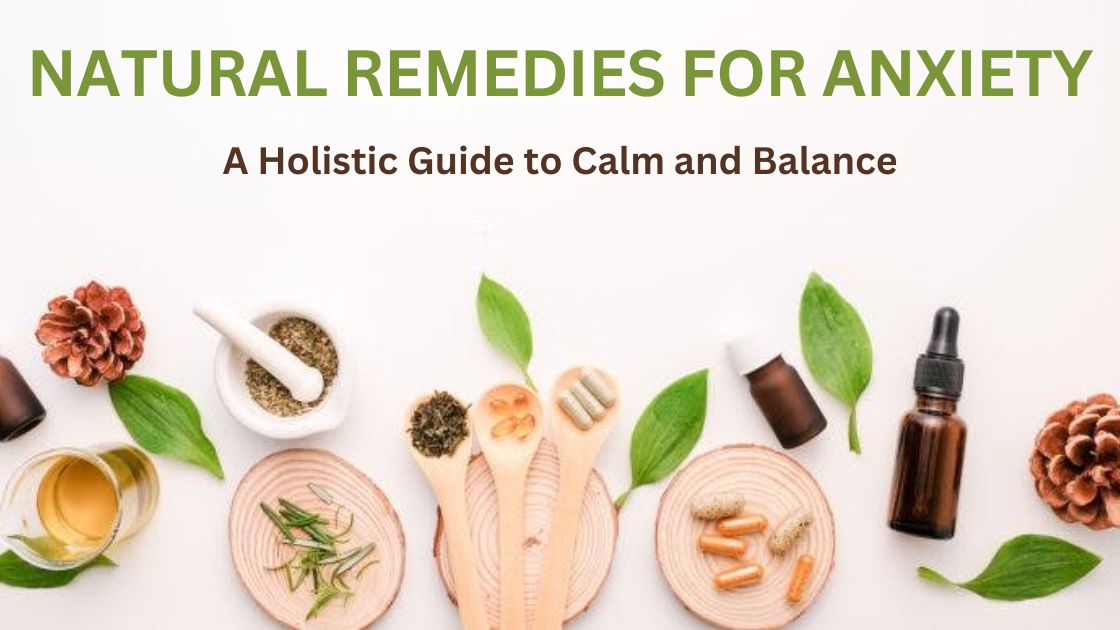
Anxiety is a common experience that affects millions of people around the world. It is characterized by feelings of worry, fear, and apprehension, often accompanied by physical symptoms such as a racing heart, shortness of breath, and sweating. While anxiety can be a normal response to stress, for some, it can become overwhelming and interfere with daily life. Anxiety disorders are the most common mental health disorders in the United States, affecting nearly 40 million adults every year.
While there are many effective remedies for anxiety, including medication and therapy, there is also a growing interest in natural remedies that can complement traditional approaches. Natural remedies can offer relief without the side effects that often accompany medication, and they can be a valuable part of a holistic approach to managing anxiety.
In this blog, we’ll explore a wide range of natural remedies that can help reduce anxiety. From mind-body techniques to herbal remedies, diet and nutrition, exercise, and lifestyle changes, we’ll cover everything you need to know to manage anxiety naturally.
Mind-Body Techniques
One of the most effective ways to manage anxiety is through mind-body techniques that promote relaxation and stress reduction.
- Meditation and Mindfulness: Meditation involves focusing the mind on a particular object, thought, or activity to achieve a mentally clear and emotionally calm state. Mindfulness, a type of meditation, involves being fully present in the moment and aware of your thoughts and feelings without judgment. Studies have shown that regular mindfulness meditation can reduce symptoms of anxiety and improve overall mental health.
- Yoga: Yoga combines physical postures, breathing exercises, and meditation to create a sense of balance and well-being. Regular practice of yoga has been shown to reduce anxiety levels by lowering stress hormones in the body, improving heart rate variability, and enhancing the relaxation response.
- Breathing Exercises: Controlled breathing exercises can help calm the nervous system and reduce anxiety. Techniques like deep diaphragmatic breathing, alternate nostril breathing, and box breathing are particularly effective in promoting relaxation and reducing the physical symptoms of anxiety.
- Progressive Muscle Relaxation: This technique involves tensing and then slowly releasing different muscle groups in the body. It can help reduce the physical tension associated with anxiety and promote a sense of relaxation.
Herbal Remedies for Anxiety
Herbal remedies have been used for centuries to treat a variety of ailments, including anxiety. Several herbs are particularly known for their calming effects.
- Chamomile: Chamomile is one of the most well-known herbs for relaxation. It has been used for centuries to treat insomnia, stress, and anxiety. Chamomile tea is a popular remedy, but chamomile supplements are also available.
- Lavender: Lavender is known for its calming scent and is commonly used in aromatherapy to reduce anxiety. Lavender oil can be inhaled or applied topically, and studies have shown that it can reduce symptoms of anxiety as effectively as some medications.
- Passionflower: Passionflower is another herb that has been used for centuries to treat anxiety and insomnia. It is believed to work by increasing levels of gamma-aminobutyric acid (GABA) in the brain, which helps reduce the activity of certain brain cells, promoting relaxation.
- Valerian Root: Valerian root is commonly used to treat insomnia, but it can also be effective in reducing anxiety. Like passionflower, valerian root increases GABA levels in the brain, promoting relaxation and calmness.
- Ashwagandha: Ashwagandha is an adaptogenic herb that helps the body adapt to stress. It has been shown to reduce cortisol levels, the body’s primary stress hormone, and improve overall feelings of well-being.
Diet and Nutrition
What you eat can have a significant impact on your mood and anxiety levels. Certain nutrients play a crucial role in brain health and can help reduce symptoms of anxiety.
- The Role of Diet in Anxiety: A balanced diet rich in whole foods, fruits, vegetables, lean proteins, and healthy fats can support mental health. Avoiding processed foods, excessive sugar, and caffeine can also help manage anxiety.
- Omega-3 Fatty Acids: Omega-3 fatty acids, found in fish, flaxseeds, and walnuts, are essential for brain health. They have anti-inflammatory properties and have been shown to reduce symptoms of anxiety.
- Probiotics and Gut Health: There is a growing body of research suggesting that gut health is closely linked to mental health. Probiotics, found in fermented foods like yogurt, kimchi, and sauerkraut, can help maintain a healthy gut microbiome and reduce anxiety.
- Magnesium: Magnesium is a mineral that plays a crucial role in many bodily functions, including muscle and nerve function. It has been shown to have a calming effect on the nervous system and can help reduce symptoms of anxiety.
- Vitamin B Complex: B vitamins, particularly B6, B12, and folic acid, are important for brain health. They help produce neurotransmitters that regulate mood and can reduce symptoms of anxiety.
Exercise and Physical Activity
Regular exercise is one of the most effective natural remedies for anxiety. It can help reduce stress, improve mood, and boost overall mental health.
- The Benefits of Regular Exercise: Exercise releases endorphins, the body’s natural feel-good chemicals. It also reduces levels of the stress hormone cortisol and promotes relaxation.
- Types of Exercises Best for Anxiety: Aerobic exercises like walking, running, and swimming are particularly effective for reducing anxiety. Strength training and activities like yoga and tai chi can also be beneficial.
- Outdoor Activities: Spending time in nature has been shown to reduce stress and improve mood. Activities like hiking, gardening, or simply taking a walk in the park can be effective in reducing anxiety.
Aromatherapy
Aromatherapy involves using essential oils extracted from plants to promote relaxation and well-being. It can be a powerful tool in managing anxiety.
- Essential Oils for Anxiety: Essential oils like lavender, chamomile, and bergamot are known for their calming effects. These oils can be diffused, inhaled, or applied topically.
- How to Use Essential Oils: There are several ways to use essential oils for anxiety. You can use a diffuser to disperse the scent in your home, add a few drops to a warm bath, or apply diluted oils to your skin.
- Popular Blends for Relaxation: Blends of essential oils can be particularly effective. A common blend for anxiety includes lavender, bergamot, and ylang-ylang.
Also Read: Anxiety Disorders: Causes, Types, Symptoms, & Treatments
Lifestyle Changes
Simple lifestyle changes can have a profound impact on anxiety levels.
- Improving Sleep Hygiene: Poor sleep can exacerbate anxiety. Establishing a regular sleep routine, creating a calming bedtime environment, and avoiding stimulants like caffeine before bed can improve sleep and reduce anxiety.
- Reducing Caffeine and Sugar: Caffeine and sugar can contribute to anxiety by increasing stress hormones and blood sugar fluctuations. Reducing or eliminating these from your diet can help manage anxiety.
- Social Connections and Support Systems: Having a strong support system can be a protective factor against anxiety. Connecting with friends, family, or support groups can provide emotional support and reduce feelings of isolation.
- Digital Detox: Constant exposure to screens and social media can increase stress and anxiety. Taking regular breaks from digital devices and limiting screen time can help reduce anxiety.
Alternative Therapies
In addition to the more common natural remedies, several alternative therapies can be effective in managing anxiety.
- Acupuncture: Acupuncture is a traditional Chinese medicine practice that involves inserting thin needles into specific points on the body. It is believed to balance the body’s energy and has been shown to reduce symptoms of anxiety.
- Massage Therapy: Massage therapy can help reduce muscle tension and promote relaxation. It has been shown to lower levels of cortisol and increase levels of serotonin and dopamine, neurotransmitters that promote feelings of well-being.
- Biofeedback: Biofeedback is a technique that teaches you to control physiological functions such as heart rate and muscle tension. By learning to control these functions, you can reduce physical symptoms of anxiety and promote relaxation.
Cognitive and Behavioral Strategies
Cognitive and behavioral strategies can help you change negative thought patterns and behaviors that contribute to anxiety.
- Cognitive Behavioral Therapy (CBT): CBT is a type of therapy that focuses on identifying and changing negative thought patterns and behaviors. It is one of the most effective treatments for anxiety and can be combined with natural remedies for even greater effectiveness.
- Journaling: Writing down your thoughts and feelings can help you process emotions and reduce anxiety. Journaling can also help you identify triggers and patterns in your anxiety, allowing you to address them more effectively.
- Affirmations and Positive Thinking: Positive affirmations are statements that can help you challenge and overcome negative thoughts. By repeating affirmations daily, you can shift your mindset and reduce anxiety.
Conclusion
Anxiety is a complex condition that can be challenging to manage, but there are many natural remedies that can help. By incorporating mind-body techniques, herbal remedies, a healthy diet, regular exercise, and lifestyle changes, you can reduce symptoms of anxiety and improve your overall well-being. It’s important to remember that natural remedies are not a substitute for professional treatment, and you should consult with a healthcare provider if your anxiety is severe or persistent. However, by taking a holistic approach and integrating natural remedies into your daily life, you can take control of your anxiety and live a more peaceful, balanced life.

